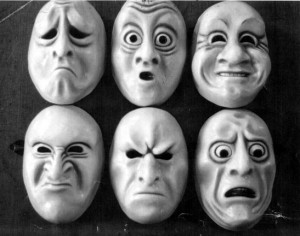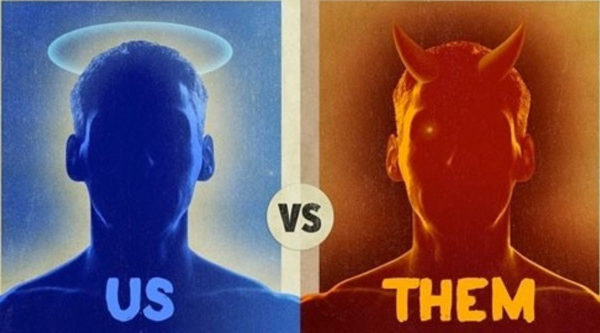Faces of Control: How we avoid emotional pain – The next several blog posts will explore the various ways that people have learned to engage in control, that is to say to distance themselves from emotional pain. It is somewhat shocking to contemplate how much of human behavior has at its roots at least some element the function to distance one’s self from emotional pain. Almost everything that one does, can be used as a vehicle to avoid or minimize emotional pain. The same behavior engaged in by two different people, may serve two different functions.
At the most obvious level, such activities as consuming drugs and alcohol are often misused as a mechanism to numb painful feelings. In turn of course, these behaviors produce an increase in feelings of guilt and shame which in turn, promotes more substance use. The following is a great article on this topic : http://www.huffingtonpost.com/wray-herbert/the-shame-of-the-alcoholic_b_2166182.html
Many manners in which we control pain is through “good” behaviors. exercise can be used to promote health and wellness but also as a vehicle to curb physical shame, or to literally run from feelings of low self-worth or to compensate for distortions in physical self-image.
We can over indulge in our work as a mechanism to bury or escape from certain painful feelings as well as to artificially inflate personal feelings of worth.
We can overly rely on relationships and sex as a mechanism to compensate for feelings of alienation, disconnection, (remember the hole?) and loneliness stemming from the formation of insecure or anxious attachment bonds during our formative years.
Food can be employed as a mechanism to escape feelings of boredom, shame, emptiness, rejection fears, attraction fears (in the case of sexual abuse), etc.
Computer games, smart phones, texting, facebooking and yes, blogging, can be employed as a mechanisms to avoid feelings of separation, alienation, loneliness, helplessness, disempowerment, interpersonal anxiety and shame. Such overuse or dependence can unfortunately lead to furthering feelings of loneliness and alienation.
Preoccupation with financial and material accumulation can often serve to avoid or compensate for personal feelings of insecurity, alienation, shame, rejection fears, abandonment and even death.
Other things/strategies to avoid emotional pain or discomfort: Procrastination, social withdrawal and avoidance, lying/cheating, self-cutting/self-injury, withdrawing/witholding, thrill seeking, tattoos, masturbation, caloric restriction, vomiting, cleaning, worrying, obsessing, hoarding.
This is far from an exhaustive list. It is important to recognize that most of the aforementioned behaviors are in and of themselves not “bad” or harmful. We have to examine for ourselves what function these behaviors serve for us and do they create secondary risks or problems in there own right. The key to all things in life is balance, or as the Buddha encouraged, “The Middle Way” marked neither by indulgence or self-mortification.
Some of the above behaviors and strategies will be discussed in greater detail in forthcoming blogs.
What do you do to avoid or control emotional pain? What is the pain that action is avoiding? Your input is invaluable to this discussion.






